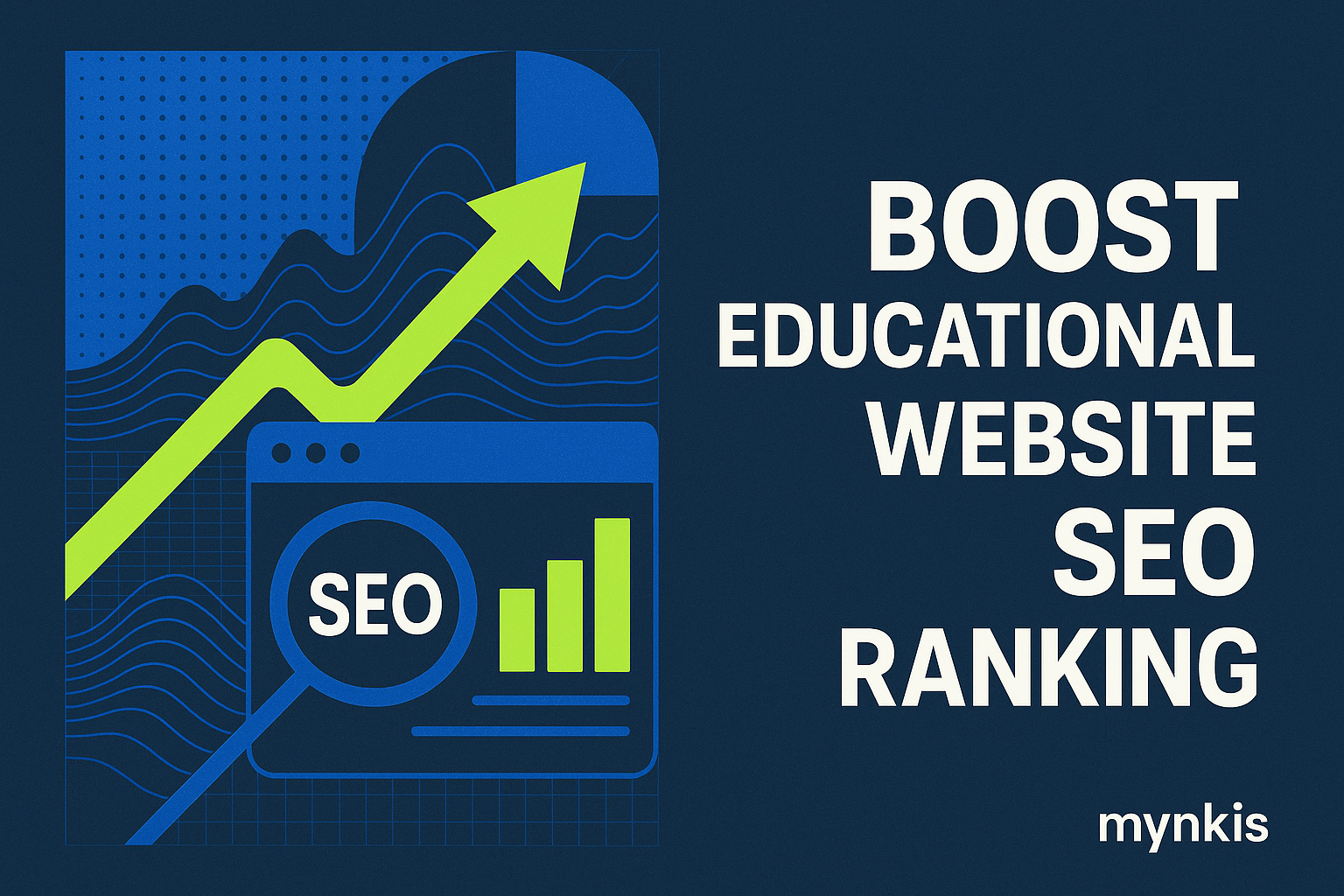Schedule a Demo
SEO isn't just for tech giants or retail businesses; it's a critical tool for educational institutions looking to expand their reach. I've collaborated with countless schools and universities, and I've seen firsthand how targeted SEO strategies can significantly enhance online visibility. From improving search rankings to increasing organic traffic, the principles of SEO can be tailored specifically to the unique needs of an educational platform.
Embarking on your SEO journey begins with understanding what your potential audience is searching for. Utilizing tools like Google's Keyword Planner can offer insights into what terms and phrases are most commonly used by students, parents, and educators when searching for educational resources. For instance, keywords such as "custom learning management system" or "educational website SEO" are paramount to ensure your site ranks highly on search engines. Research and select keywords with a balance of high search volume and manageable competition to give your educational platform an edge.
When we delve into on-page SEO, the goal is to make every page on your site as search-engine-friendly as possible. This includes optimizing title tags, meta descriptions, and headers with your chosen keywords. I recommend including the keywords "custom software development" and "enterprise web solutions" strategically throughout your site. This doesn't mean stuffing, but rather integrating them in a way that feels natural and enhances the user experience. Moreover, pay attention to your site's structure; a well-organized educational website is easier for both users and search engines to navigate.
Creating high-quality content that resonates with your educational audience is non-negotiable. Engage your readers with comprehensive articles, insightful blog posts, or captivating videos that answer their queries about educational tools and best practices. In my experience working with educational institutions, producing content that addresses common questions and challenges in the learning environment not only satisfies users but also aligns well with Google's algorithm preferences. Remember, while using keywords like "custom software development" is beneficial, the content should never feel contrived or forced.
Your institution's online credibility is partly built through backlinks from reputable sources. By connecting with educational forums, guest posting on education blogs, or partnering with respected organizations in the educational tech space, you can create valuable backlinks that boost your site's authority. I've noticed that partnerships with tech companies focused on "custom software development" for education often lead to strong backlinks. As always, the quality of the linking site is just as important, if not more so, than the quantity of backlinks.
With the majority of searches now taking place on mobile devices, ensuring your educational platform is mobile-friendly is essential. A responsive design that adapts seamlessly to smartphones and tablets can vastly improve your site's usability and, consequently, its ranking. In my work, I've seen how mobile optimization keeps students and educators engaged, with everything from course materials to LMS portals being accessible on the go.
For schools and universities with physical campuses, local SEO can be incredibly powerful. Implementing strategies like creating a Google My Business listing and using location-specific keywords can help you capture a targeted audience within your local area. I advise utilizing terms like "local enterprise web solutions" if your institution offers tech services within the community. Local citations and reviews also play a pivotal role in boosting your local SEO presence.
SEO isn't a set-it-and-forget-it strategy; it requires constant monitoring and adjustment. Using tools like Google Analytics, track your site's performance and analyze the effectiveness of your SEO efforts. From my experience, it's crucial to stay updated with the latest SEO best practices and algorithm updates to keep your site ranking. Continuous improvement through data analysis and user feedback can drive sustained growth in your educational site's visibility.
Engaging your audience directly impacts your site's SEO. Factors like dwell time and page interaction rates are valuable metrics that search engines use to assess the quality and relevance of your content. Embedding interactive elements, like quizzes or discussion forums, into your educational resources can significantly boost engagement. I've seen how active user participation can elevate an educational site's SEO performance, making it a vital strategy to consider.
The technical aspects of SEO, such as site speed, proper use of schema markup, and ensuring an SSL certificate is in place, cannot be overlooked. A fast-loading website improves the user experience, which is a crucial ranking factor. Moreover, implementing schema for educational content can enhance how your site is displayed in search results, potentially increasing click-through rates. From my experience, these technical improvements play a substantial role in maintaining a competitive edge in the educational sector.
Social media platforms serve as powerful amplifiers for your SEO initiatives. Sharing your educational content across social channels can increase its visibility and drive traffic to your site. While social signals aren't direct ranking factors, the engagement and backlinks that can result from social media can have a positive SEO impact. I've worked with educational clients who experienced a notable uptick in their site's visibility following targeted social media campaigns.
Video content is increasingly important in the realm of education and SEO. Videos can engage viewers, and when shared on your site and social media, they can boost your search engine rankings. Creating educational videos that include keywords like "custom software development" can align your content with popular search queries. Additionally, videos on your website, especially on pages dedicated to key educational offerings, can enhance the user's experience and time on site, indirectly supporting your SEO efforts.
Lastly, staying abreast of SEO trends is crucial in a fast-evolving digital landscape. From voice search optimization to the growing significance of AI and machine learning in search, educational institutions need to be proactive. According to respected technology leaders at companies like Google and Moz, staying updated on SEO best practices is vital for long-term success. I constantly remind my clients that flexibility and willingness to adapt are key components of an effective SEO strategy.
